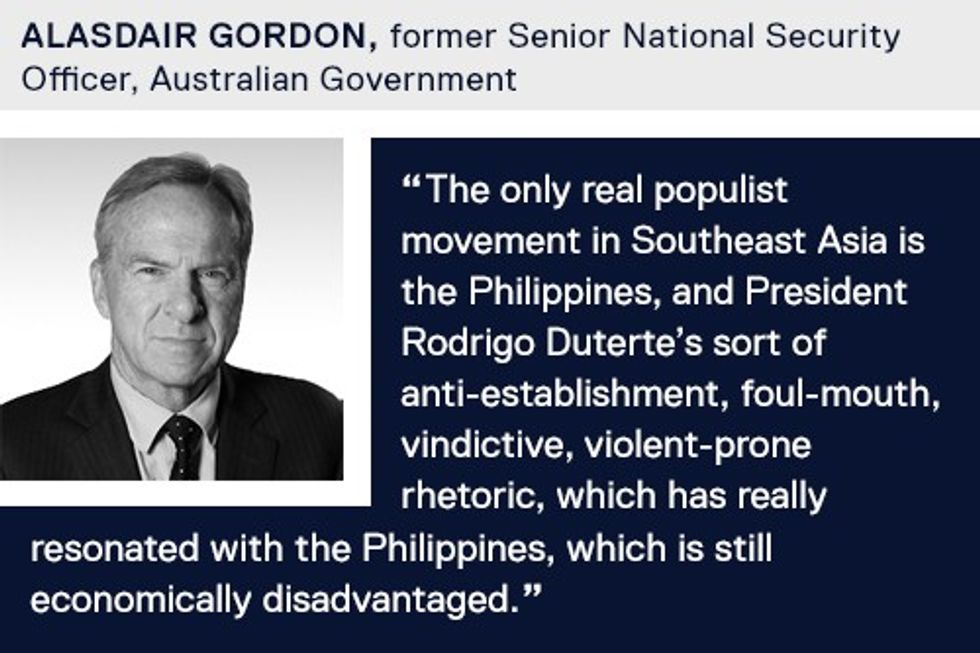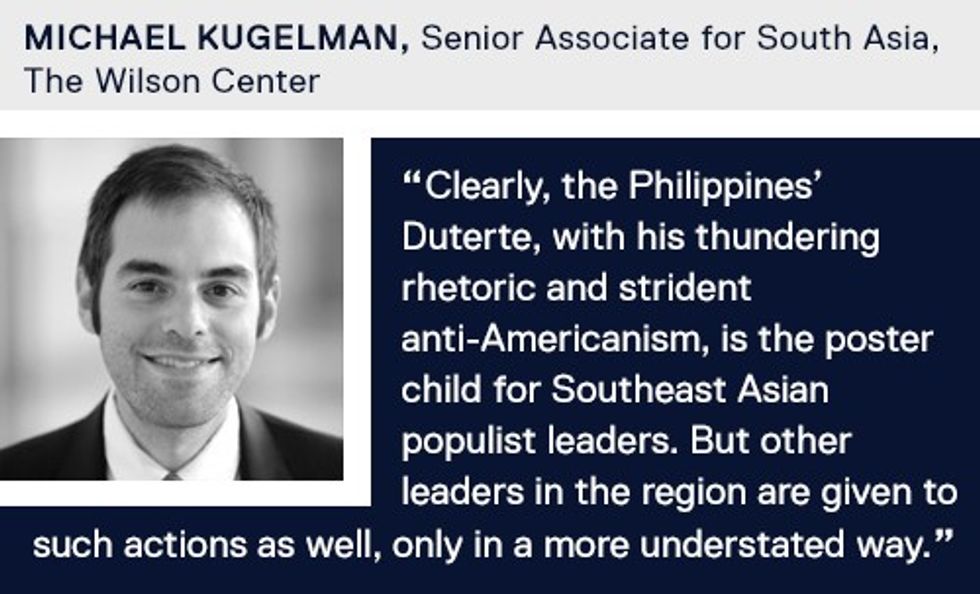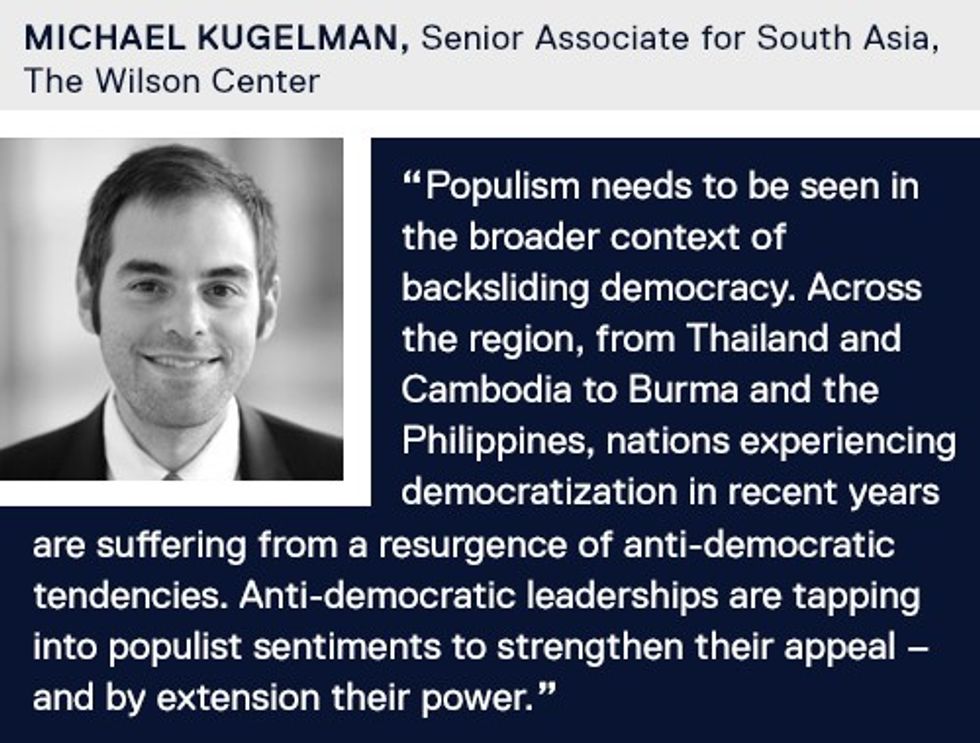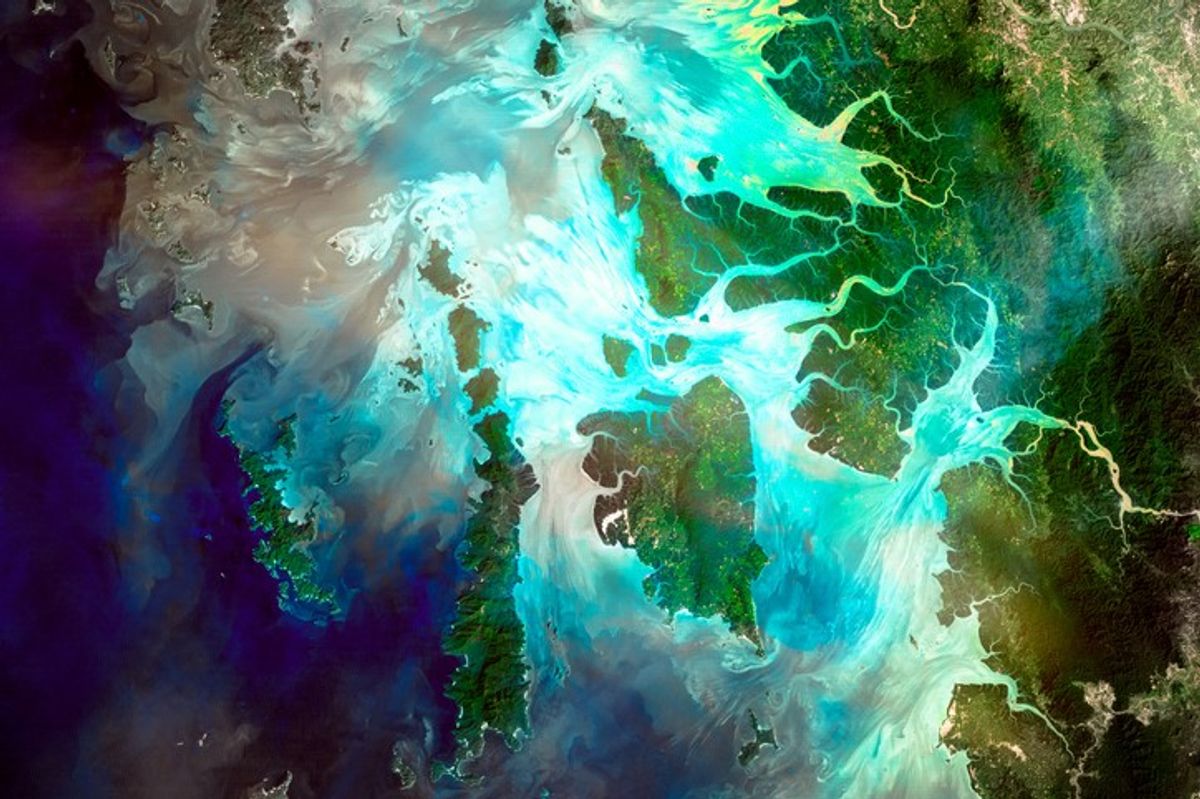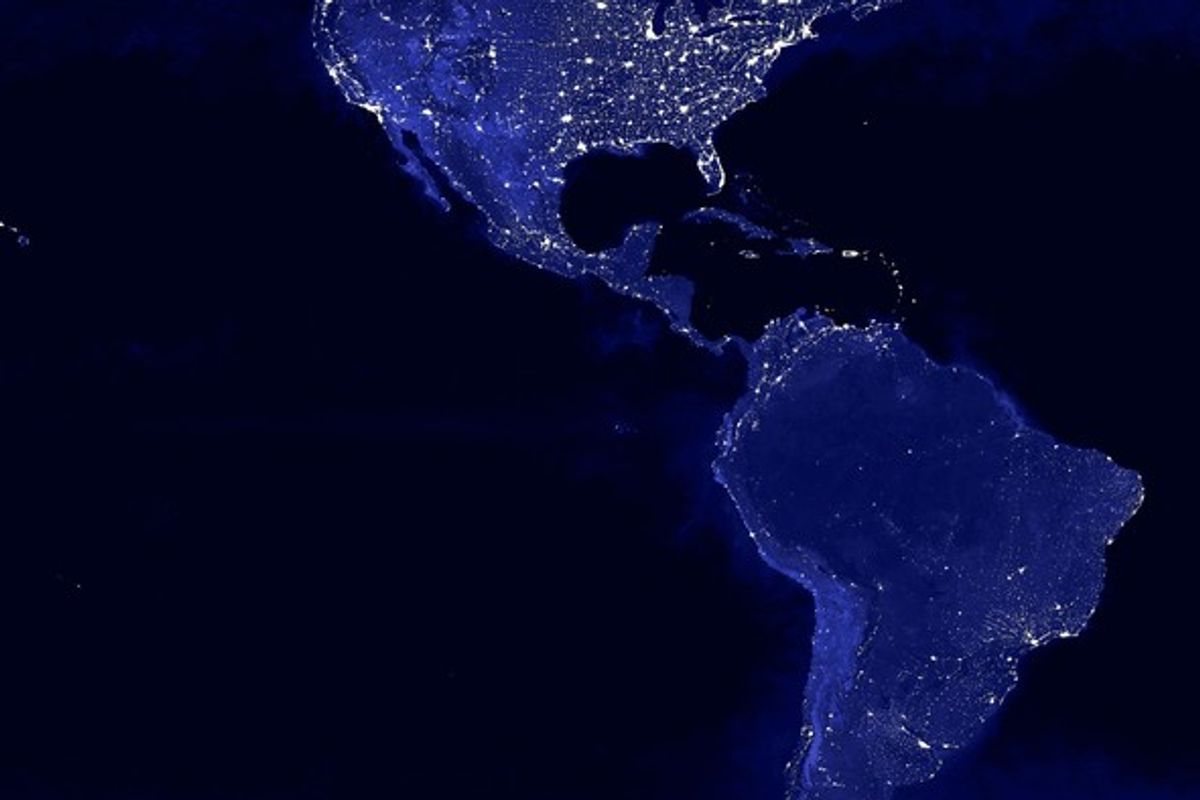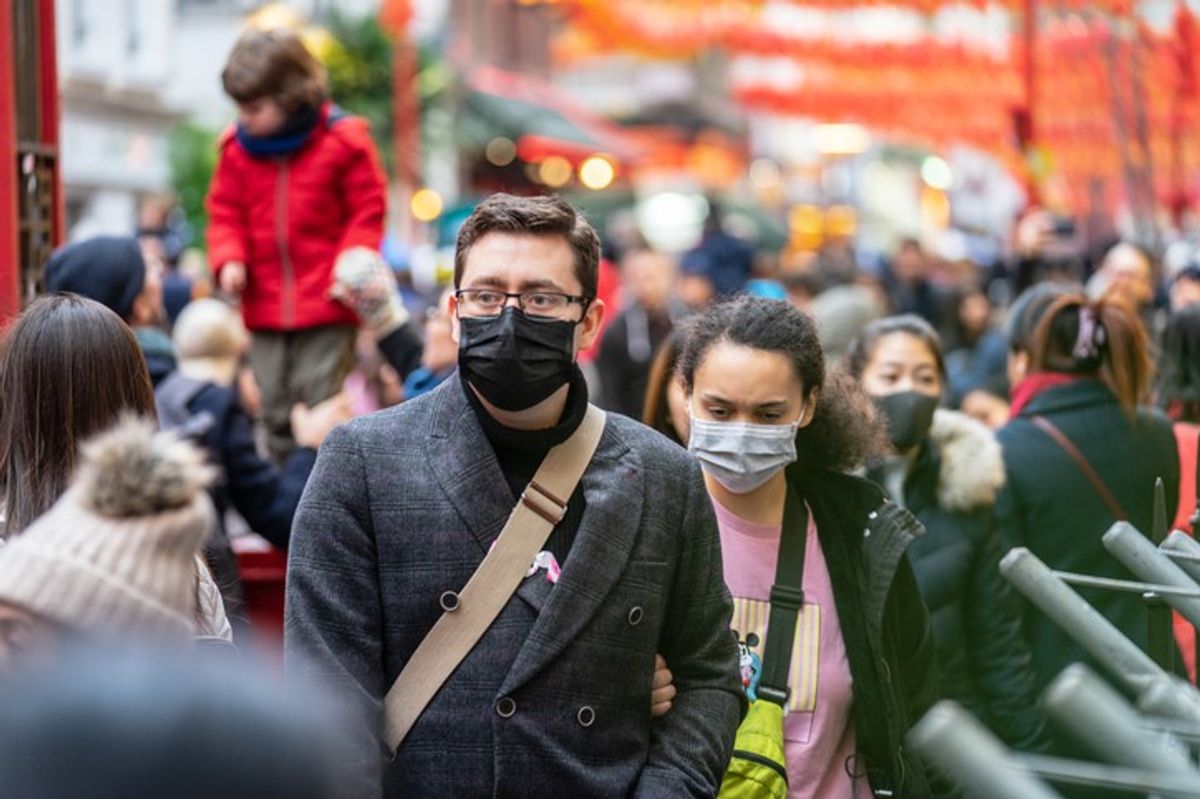President Donald Trump leaves Friday for a nine-day trip to Asia, a continent that has stayed relatively free of the populism that has washed over the United States and Europe. But populist sentiment could catch fire, especially in Southeast Asia, given historic anti-democratic undertones, and trigger regional instability. Regional security threats – first and foremost, terrorism – could add fuel to any populist fire in Southeast Asia.
- Former CIA Deputy Director of Intelligence and Cipher Brief expert Carmen Medina defined the term populism as “a movement where the common people, which usually means the non-elite and often means the working class, feel they are being taken advantage of by the elite structure of society, and they begin to become a more effective political and social force around that idea to seek redress…that means populism can be a party of the left or a party of the right.”
Populism is currently strongest in the Philippines, as demonstrated by the election of President Rodrigo Duterte. Duterte’s pledge to combat the drug trade and improve the country’s dire economic state struck a chord with the population, sparking his ascension to power.
- The narcotics trade is an enormous problem in the Philippines, and Duterte has taken an extremely hard line against narco-traffickers and other drug dealers, drawing criticism over alleged human rights violations and extrajudicial killings. Despite these accusations, polls show that over 90 percent of Philippine citizens support Duterte’s approach.
- Duterte’s policies have also guided the Philippines toward an economic rebound. The World Bank estimates the Philippines’ economy is expected to grow by 6.5 to 7.5 percent in 2017.
- “This puts the country as either the second or the third fastest growing major Asian economy next only to China,” according to Philippine Socioeconomic Planning Secretary Ernesto Pernia.
Other countries in the region have not experienced the populist phenomenon due to a variety of factors, ranging from deeply entrenched traditional political systems or continued military control of politics.
- Despite embezzlement and money-laundering accusations levied against Malaysian Prime Minister Najib Razak and his multibillion-dollar state fund called 1MDB, the indigenous-based political system has not yet faced a populist challenge.
- In Thailand, the military remains in firm control of the government since a 2014 coup.
- Populist movements do not appear to have gained much traction in Singapore, largely due to the country’s robust economy, or in Vietnam, where the communist party retains considerable power.
- Though Myanmar faces serious ethnic violence between the government and the Rohyinga minority, no populist movement in the country has taken hold.
However, the growing threat of terrorism in the region may spur governments to adopt increasingly anti-democratic policies in an attempt to prevent the next attack. This trend could create fertile ground for emerging populist movements as opportunistic leaders on both ends of the political spectrum seek to leverage the global tide of populism.
- A recent survey conducted in September by the Yusof Ishak Institute in Singapore indicates that approximately 90 percent of Indonesians sees the implementation of sharia law as providing various benefits.
- Indonesia also faces a domestic extremist threat, namely from Jemaah Islamiya (JI) and from citizens who fought with ISIS in Syria and Iraq who have returned home.
- Indonesian authorities have said that a terrorist attack at a busy bus terminal in the capital of Jakarta in May, which left three police officers dead, was connected to ISIS.
Bennett Seftel is deputy director of analysis at The Cipher Brief. Follow him on Twitter @BennettSeftel.
Please offer comment on The Cipher Brief’s more streamlined analysis at POV@thecipherbrief.com.





